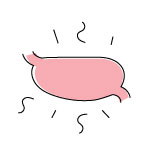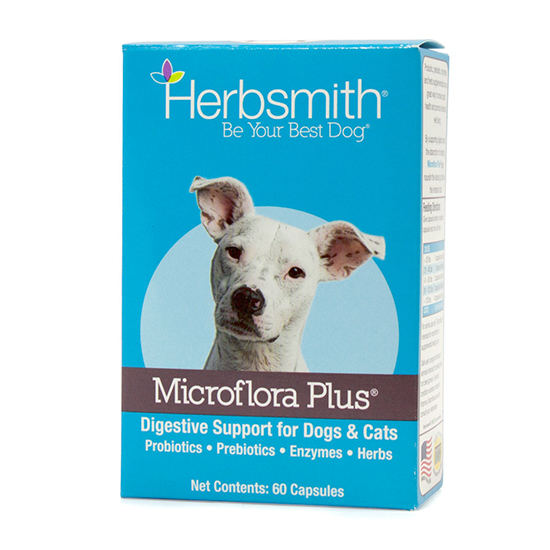The role of digestive enzymes is to break down the nutrients your pet eats. Large molecules like proteins, fats, starches, and cellulose need to be broken down into smaller, usable substances in order to be utilized effectively by the GI tract – Digestive enzymes do just that! Different types of enzymes specialize in different types of nutrients. For example, protease, bromelain, and papain break down proteins into their smaller units, amino acids. Amylase breaks down starches into absorbable sugars. Lipase breaks down fats into fatty acids.
By adding a supplemental source of digestive enzymes, you can help your pet fully utilize the food it takes in. If a carnivore is receiving plant-based proteins as its primary protein source (i.e. – if a dog’s diet consists of food with ingredients similar to the above), he may not have enough amylase or cellulase to fully utilize the nutrition. For this dog, a digestive supplement that includes digestive enzymes is especially important.
- Protease, Bromelain, Papain, Lipase, Amylase, Cellulase






















